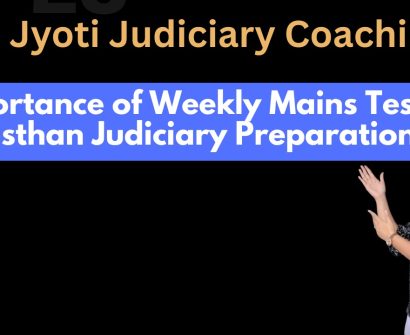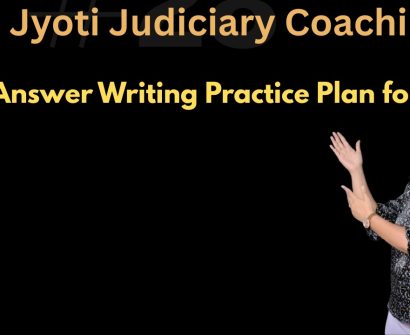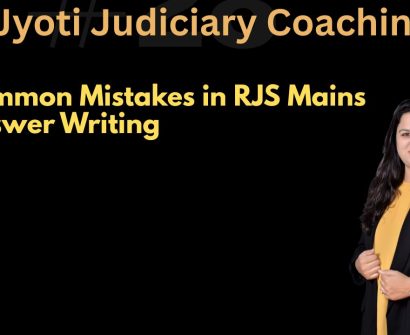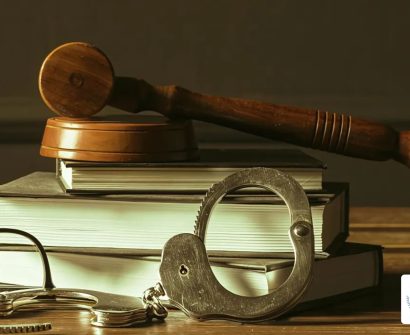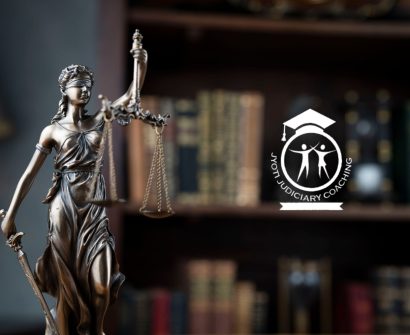
Oral evidence is proof of a truth that is brought to the Court’s attention through the testimony of a witness who is qualified to speak on the matter. Oral evidence is defined in Section 3 as “any statements which the Court authorises or requires to be made before it by witnesses with respect to questions of fact under enquiry.” It is something that the witness has personally witnessed or heard. In accordance with Section 60, oral testimony in every case must be direct and given in front of the Court in regard to the factual issue at hand.
If you want to be a judicial officer and are looking for judiciary coaching in Jaipur , here, at Jyoti Judiciary we provide comprehensive study material to make your preparation solidified and topnotch. From preliminary mock tests, to mains answer writing sessions every material required for clearing the exam is provided. We have separate legal current affairs classes, legal general knowledge, current affairs classes all in one time enrolment. Hurry up.
According to the legal theory, in order for a witness statement to qualify as oral evidence, the party upon whom it is produced must have the right and chance to cross-examine the witnesses. Otherwise, the statement made by the witness would not be considered comprehensive evidence. When evaluating oral testimony, it must be proven that the witness is telling the truth and that there is no reason to question his credibility.

